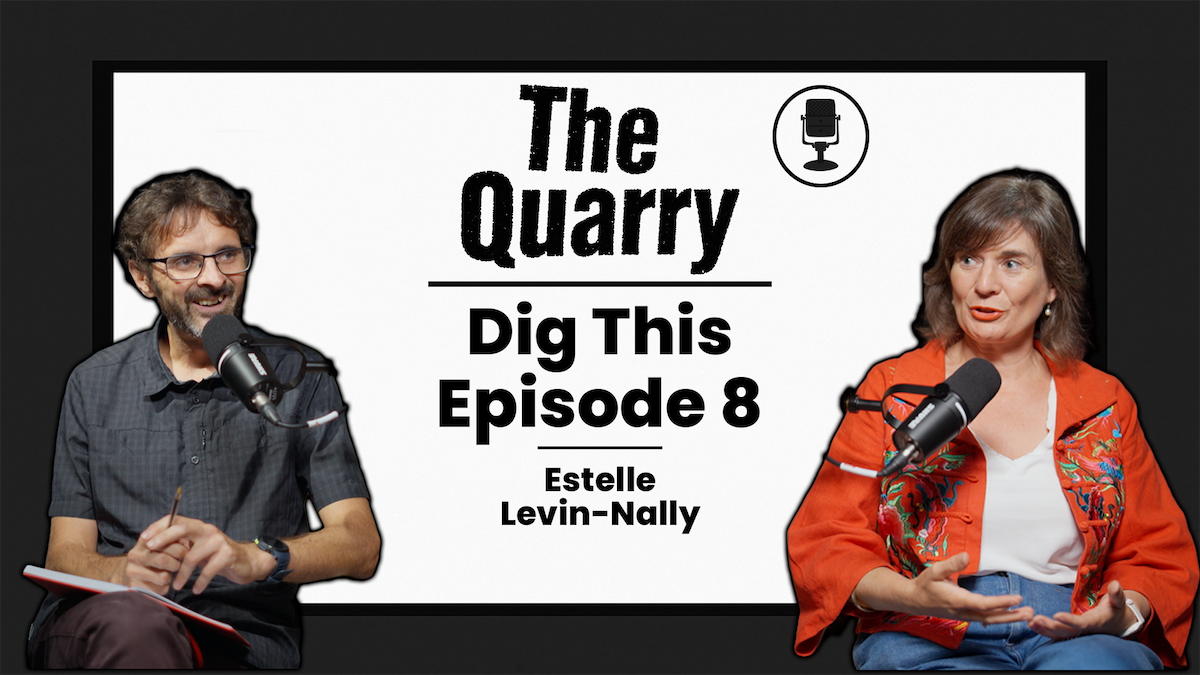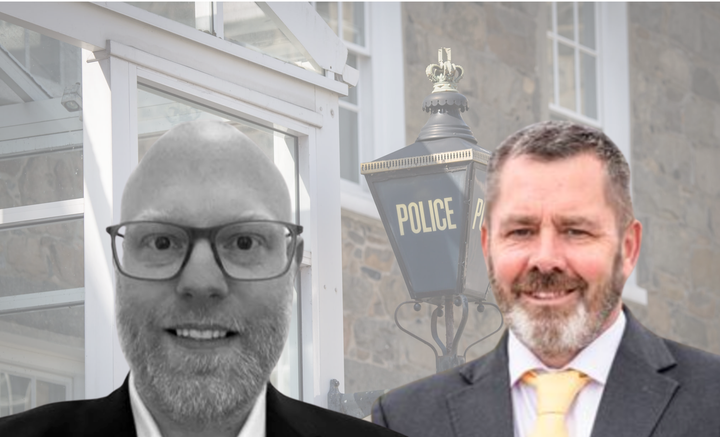WATCH: Dig This - Why Guernsey and its businesses need to act on human rights

It is easy to dismiss human rights as something that is a problem elsewhere.
Local legislation is limited, many people are working from the comfort of being cocooned in an office.
But, Estelle Levin-Nally argues, there are not only human rights issues that are affecting individuals in the island today, from housing to health, they are also at play in the countries where local companies are doing business.
Failure to recognise that can leave companies reputations exposed, while also missing out on other tangible benefits including to recruitment and retention.
The Guernsey-based founder of Levin Sources will share how embedding human rights strengthens long-term business performance at the upcoming Channel Islands Sustainable Business Conference.
“A very clear example would be the businesses in Guernsey that are in finance. What are their investment policies?” she said.
“So for example, I saw that Deputy Lindsay de Sausmarez has asked Policy & Resources to run an assessment of where we are making investments as the States of Guernsey and the portion of those investments are in things like adult entertainment and defense.
“And these are things that are ethically questionable and certainly problematic from a human rights point of view. You can still work in adult entertainment and fulfill human rights obligations. It's even more important to do so, but there's a very large portion of that sector that is very human rights abusive, or facilitates human rights abuse because they don't put in controls.
“So by her asking what we are investing in as an island, and reconsidering the island's investment policy, to what extent are we generating or complicit in human rights abuses through our investments, that is her taking a human rights action.
“She may not have seen it from a human rights lens, but she's taking a human rights led action that will protect the human rights of people who are impacted by the investment decisions that the island of Guernsey is making.
“It's the same for the finance sector broadly. If you've got finance companies in Guernsey or legal companies, professional services companies that are serving individuals whose actions are directly responsible for or contributing towards abuse of human rights in other jurisdictions, then we are human rights exposed.”
Deputy Andy Cameron has also asked about public money tied up in investments in BlackRock, which has been under scrutiny for ties to funding arms companies.
Guernsey businesses could find themselves being overlooked by UK or European partners that have commitments to work with entities that can evidence that they have clear policies and respect human rights.
That is the argument about being market ready, but there are others that are important in an island where recruitment can be challenging.
“When a company has a commitment to respect human rights and seeks to push that across all pieces of the business, it tends to mean that they do a lot more to support their workers, to be happy at work and to be more productive, because often the measures you put in place to respect human rights improve people's health and wellness, improve their experience of the workplace. So it leads to greater labour retention and also talent acquisition.”
It is also about protecting brand value, for example from exposure by the media or NGOs examining human rights issues.
“If you don't have a human rights policy and you're not doing due diligence on human rights, it could be revealed that you're connected to a harm that you would never dream or want to be facilitating or connected to just because you haven't looked properly.”
There has been a pushback in the last year in the world of environmental, social governance/sustainability and human rights.
Right leaning governments are prioritising business over these considerations.
“It's not good for business to create harms, because you get other forms of blowback, as the mining industry is experiencing now as a result of hundreds of years of not dealing with its own mess and now struggling to get access to the resources we all need for the digital and energy transitions, because it's a trust issue.
“It's really short sighted for people with those ideologies to say, ‘we have to put business first above all else, and let's not worry about the rest, let's not worry if we hurt people’, because it will blow back at some point.
“Certainly for my business and for other businesses in sustainability and in human rights, I am seeing that our clients, who one would have considered to be market leaders, because they want to be at the cutting edge of what good looks like on human rights and set the tone, set the bar, because that brings that brand halo effect, it also means that they're ahead of legislation. Even those ones are now just coming back to the basics of being compliant and just sitting still to let these winds blow over.”
But there is an amount of “green hushing”.
“Companies that were doing this are still doing it. They're just doing it a bit more quietly. They're not doing it quite as ambitiously as they might have been. They've slowed things down, but they're still doing it because they know, regardless of the political moment we find ourselves in, we are in a material world.
“We are seeing higher rates of wildfires and floods, including in the Global North. The highlands were on fire this summer. Canada, every year now, Spain, it's happening here, and it's happening now.
“So there is a material reality in which we live. And the only logical outcome of pursuing a path of not giving a flying monkeys, the only outcome of taking a kind of Trumpian approach to the world, is such enormous global inequality and a much higher risk of conflict and just so much suffering for people who are already vulnerable.
“I just think it's grossly unethical. I don't want to be in a world where it's okay for a tiny proportion of the world to have all the freedoms and fun and joy in the world, and everybody else is really, really suffering, and that's what we're now experiencing, and that's where we're heading.”




Comments ()